The customs must clear every good that crosses a country's border, and this clearance comes with a fee.
These fees cover the costs associated with processing the necessary paperwork, inspections, and approvals required by customs authorities.
In this guide, we discuss how much customs clearance costs in 3 different countries and how you can calculate this fee for budgeting purposes.
Note that you can only get the best cost on customs clearance with the help of a customs broker or clearance agent. Hire an expert agent from our team today.
Before we get into the core calculations, let's see what is considered when calculating clearance fees for parcels and packages.
Factors Influencing Customs Clearance Charges
The cost of clearance at the port varies depending on the price of your goods, the type of goods, where you are shipping from and so on.
Here is what I mean:
1. Value Of The Goods:
The amount payable for customs duties is dependent on the total declared value of the goods, which includes the price of the goods you want to import or export, the insurance cost, and the freight cost (i.e. CIF cost).
Therefore, the higher the prices, the higher your customs clearance charges.
For example, if the value of the goods you want to ship is $15000 (i.e. the cost, insurance, and freight) and the customs duty is 10%, then you are to pay $1500.
However, an individual shipping goods valued at $30,000 would need to pay $3,000 in customs duty.
Aside from the customs duties, other clearance fees like VAT also depend on the value of your goods.
2. Type Of Goods:
Different types of goods are subject to varying regulations, duties, and fees based on their nature, value, and associated risks.
Some goods require inspections from more than one governmental and non-governmental agencies, which add to the clearance cost.
The customs duty rate also varies depending on the type of goods being shipped. This rate is determined by the Harmonised System (HS) codes, a globally recognised system used to classify products during the import and export process.
With the HS code of your product, you can determine the tariffs and taxes placed on the product by different countries.
For example:
Product Description
| HS Code
| Import duties
|
Electronic Wristwatches, pocket watches and other watches with mechanical display only
| 9101110000
| 20%
|
Machines for assembling electric or electronics; Other
| 8475290000
| 5%
|
Note that the above example is from the Nigerian HS Code.
The above example clearly shows how the type of goods you are shipping can impact how much you would pay for customs clearance.
Note that items such as hazardous materials, perishable goods, or fragile products may require special handling and additional inspections at the port, which can result in higher fees.
3. Country of Origin and Destination:
The amount you pay for export or import clearance in one country will differ from that of other countries. This is mainly due to policy differences.
Each country has its regulations, tariffs, trade agreements, and compliance requirements that affect the cost of clearing goods through its borders.
Below is a typical example of this:
Country
| Product Description
| HS Code
| Customs Duty
|
US
| Machines for assembling electric or electronic lamps, tubes or flashbulbs, in glass envelopes
| 8475.10.00
| Free
|
| Nigeria | Machines for assembling electric or electronics; Other
| 8475290000
| 5%
|
There are also cases of countries having free trade agreements, and goods traded between them often benefit from reduced or zero tariffs, lowering customs clearance charges.
4. Mode Of Transport:
Different modes of transport/shipping - air, sea, road, and rail - come with distinct regulatory requirements, handling procedures, and associated costs.
For example, our clients who
use air freight sometimes pay more for customs clearance due to the strict security measures, leading to additional inspection fees and compliance costs.
Although the inspections
for sea freight are not so strict, port handling charges, storage fees, and other charges add to the customs clearance fees. Many of these charges vary depending on how long your goods stay in the port.
We also guide our clients in selecting the best shipping methods for cost savings and speedy delivery. With our expert customs brokers, customs clearance is done without delays and additional costs are prevented.
What Do You Actually Pay For? [Breakdown of the Customs Clearance Cost]
The customs clearance cost we give our clients is usually a sum of various charges. While these charges vary for different types of goods and shipping methods, here are the major ones that are always required:
1. Customs duty:
This is a tax imposed on goods when they are transported across international borders.
The duty is based on the value, type, and origin of the goods. The amount is determined with the HS code (there is an example of how it is calculated later in this article).
2. Value-Added Tax:
This is the regular consumption tax placed on the value added to goods and services
3. Inspection Fees:
This is the amount the inspection agents charge for the inspection of the goods or cargo. While some parcels are only inspected by the customs agents, others may require inspection by other agencies, so the inspection fee depends on your product.
Let us know what you are clearing, and we can assist you in getting the total inspection and clearance fee.
4. Documentation Fees:
To complete the port clearance process, specific shipping documents are required, and most of these documents bring up additional fees.
The major documents you would need for clearance include:
- Form M
- Pre-Arrival Assessment Report (PAAR)
- Certificate of Origin
- Transport documents and so on.
5. Handling and Port Fees:
Once your goods arrive at the port, they are unloaded from the ship or aircraft and loaded into a temporary storage centre by port authorities or handling agents until they are cleared.
The handling fee is paid to the agent responsible for moving the cargo, and you’ll also incur charges for the number of days your goods remain in temporary storage at the port.
We ensure that our clients' goods are cleared on time to avoid accumulating bills here.
Country-Specific Customs Clearance Charges
A. Customs Clearance Charges In Nigeria Only:
1. CISS Fee:
The Comprehensive Import Supervision Scheme (CISS) fee is part of a broader regulatory framework designed by the Nigerian government to ensure that imported goods are properly inspected, valued, and compliant with Nigerian laws and standards.
It is 1% of the cost of your goods, usually the FOB price (Free On Board Price), and it is mandatory for most imports into Nigeria.
2. ETLS Levy:
The Economic Community of West African States (ECOWAS) Trade Liberalisation Scheme (ETLS) Levy is a fee imposed on goods imported from countries outside ECOWAS.
It is used to fund the administrative and operational costs associated with implementing and maintaining the trade liberalisation scheme.
It is usually 0.5% of the cost of your goods, insurance and freight (CIF Cost).
B. Customs Clearance Charges In The USA Only:
1. Merchandise Processing Fee:
This is an import clearance fee unique to the United States. It is used to help fund the U.S. Customs and Border Protection (CBP) operations related to processing imports, including inspections, documentation checks, and compliance enforcement.
This fee is usually state-dependent, but most times, it is 0.03464% of the value of your shipment, with a minimum of $31.67 and a maximum of $614.35 per entry. Due to this, importing low-value goods does not attract this fee.
Note: You can contact us for a specific customs clearance cost breakdown for your goods or cargo in your country.
Send us a message here.
How to Calculate Customs Clearance Charges.
In this section, we discuss the cost of customs clearance for a laptop and show you how the total cost is arrived at:
Customs Clearance Charges Calculations In Nigeria
For a laptop which costs ₦100,000, here is what you should expect to pay for its clearance in Nigeria:
Product Cost: ₦100,000
HS Code: 8471309000
Import Duty
| 5%
| ₦5,000
|
VAT
| 7.5% | ₦8,250
|
CISS Fee
| 1%
| ₦1,000
|
ETLS Levy
| 0.5% | ₦500
|
Surcharges
| 7% | ₦7,000
|
Handling/Admin Fees
| 2% | ₦2,000
|
Total Customs Clearance Fees: ₦23,750
Customs Clearance Charges Calculations In the USA
For a laptop which costs $1000, here is what you should expect to pay for its clearance in the USA:
Product Cost: $1000
HS Code: 8471.30.01.00
Import Duty
| 0%
| $0
|
VAT
| 4% - 10% | $75
|
Merchandise Processing Fee (MPF)
| 0.03464% (min. of $31.67) | $0
|
Total Customs Clearance Fees: $75
Customs Clearance Charges Calculations In China
For a laptop which costs 1000 Chinese Yuan, here is what you should expect to pay for its clearance in China:
Product Cost: 1000 Chinese Yuan
HS Code: 8471309000
Total Customs Clearance Fees: 130 Chinese Yuan
How To Reduce Customs Clearance Charges
Yes, the percentage for all import duties and other fees is fixed, but you still can pay less for customs clearance.
We help our clients achieve this using Consolidation Clearing. What we do is consolidate various products that arrive at the port into 1 consignment and clear them at once during
the customs clearance process.
Consolidation clearing cost is much less than the cost incurred when trying to clear the goods individually.
We can also help you reduce how much you pay for customs clearance.
Contact us and let us know what your goods are, and we will clear them alongside the goods of other clients.
How Much Do Clearing Agents Charge?
Note that the customs clearance cost breakdown above covers only the fees paid directly to the Nigeria Customs Service (NCS).
When you enlist a clearing agent (customs broker) to assist you in the clearance process, you’ll incur an additional service fee.
The clearing agents' charge covers their expertise, handling of paperwork, and seamless coordination with customs authorities.
Some agents offer a flat rate per shipment, often ranging from $50 to $150 for standard consignments.
But most agents charge a percentage-based fee.
At SARA, we charge our clients an average of 5% of their shipment’s CIF value (Cost, Insurance & Freight) for clearing or customs broker fees.
This payment structure aligns cost with your shipment value and protects you from overpaying on smaller consignments you might want to clear.
Using our laptop example, the typical clearing agent fee would be:
| Laptop cost | Clearing agent fee |
| ₦100,000 | ₦5000 |
| $1000 | $50 |
| 1000 Chinese Yuan | 50 Chinese Yuan |
Get the best clearance fee with SARA
How much you get to pay for customs clearance depends on so many factors, which were discussed in this article.
You can calculate the cost of clearing your parcels or packages using the examples provided above, but if you're seeking the most cost-effective clearance fee,
you need a clearing agent.
We have assisted over 1200 clients in clearing their goods from customs with lower fees globally, and we can help you do the same.
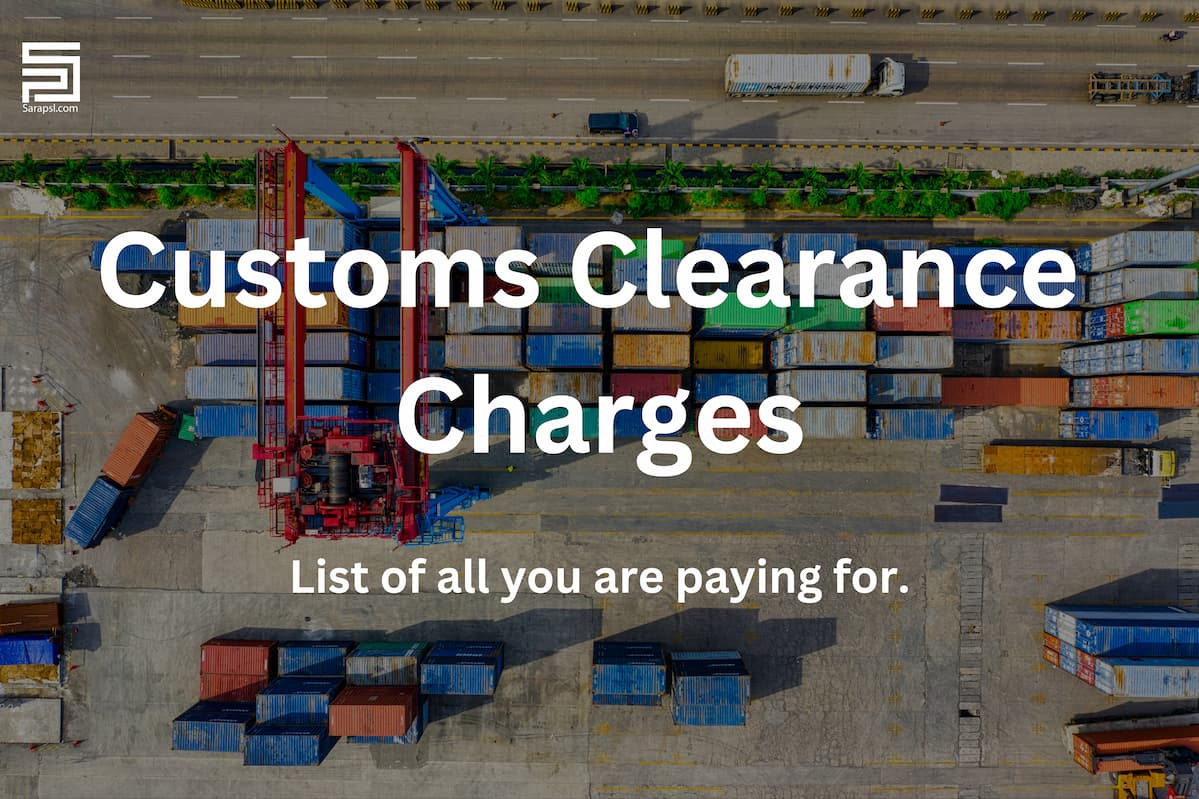

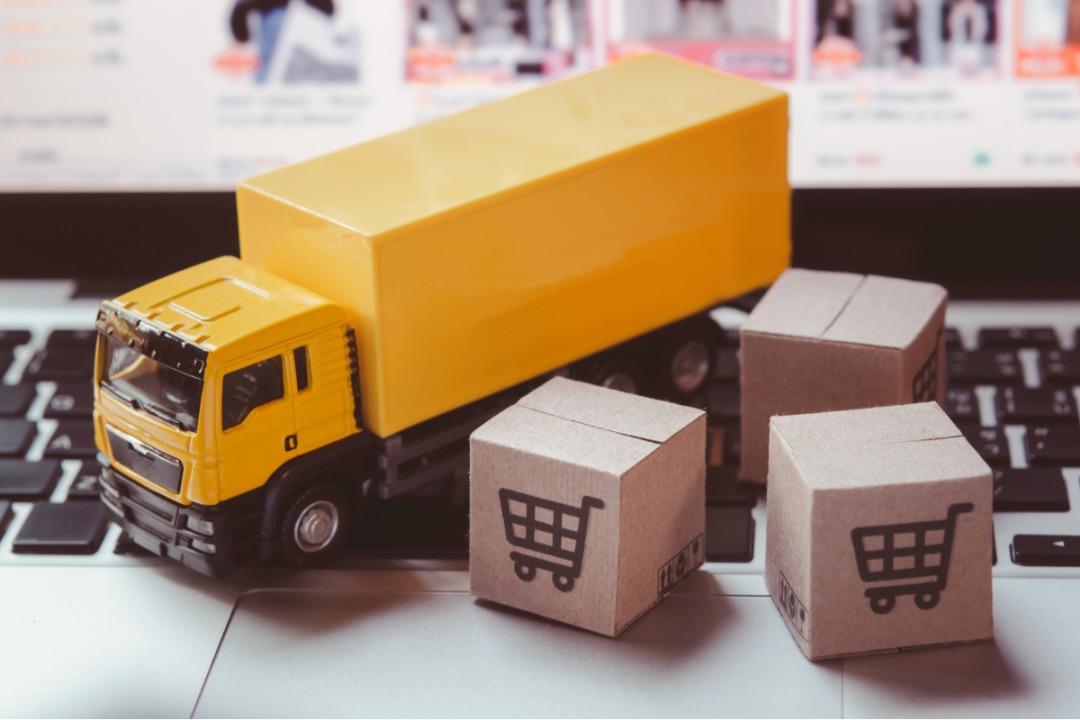
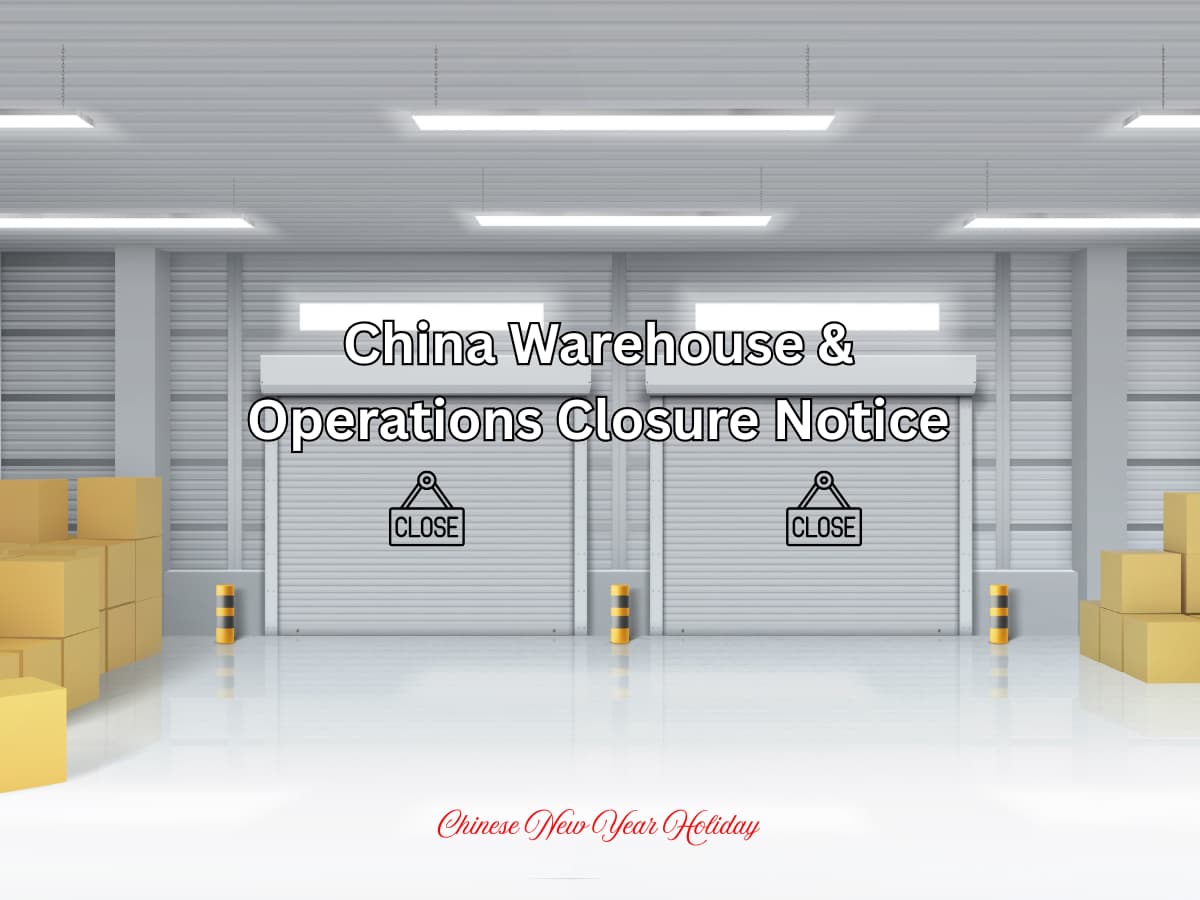
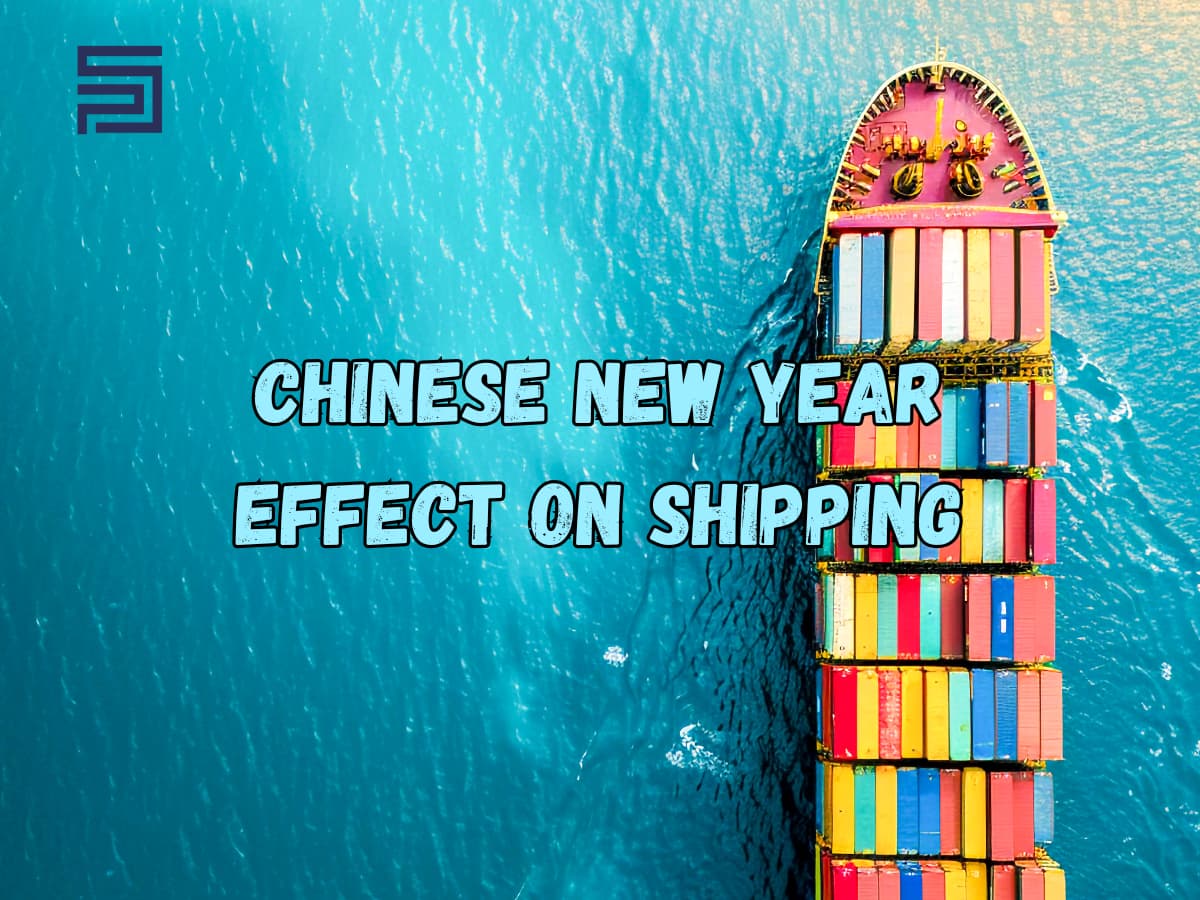
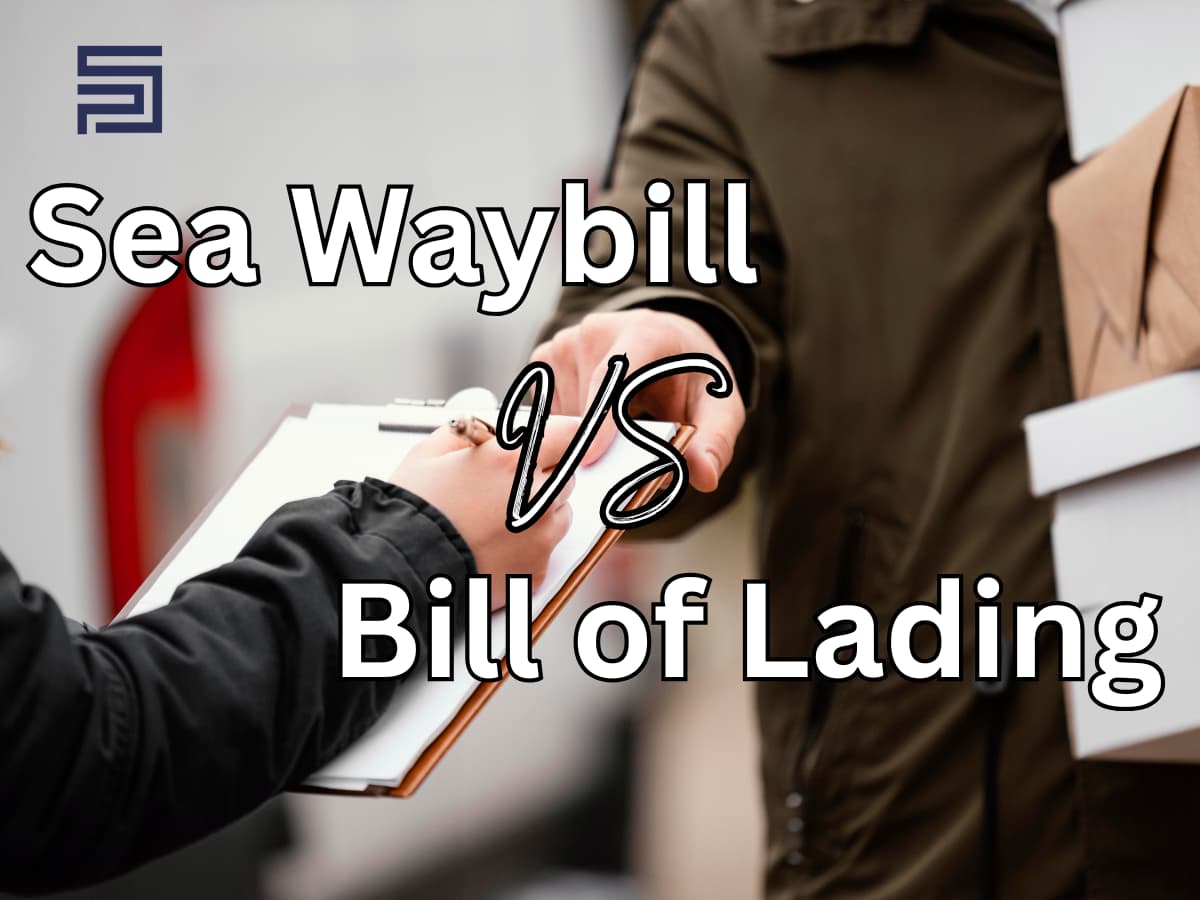
Comments
Please how can one get Manifest Number
Posted by Emmytones on Feb 04, 2025Please log in to leave a comment.